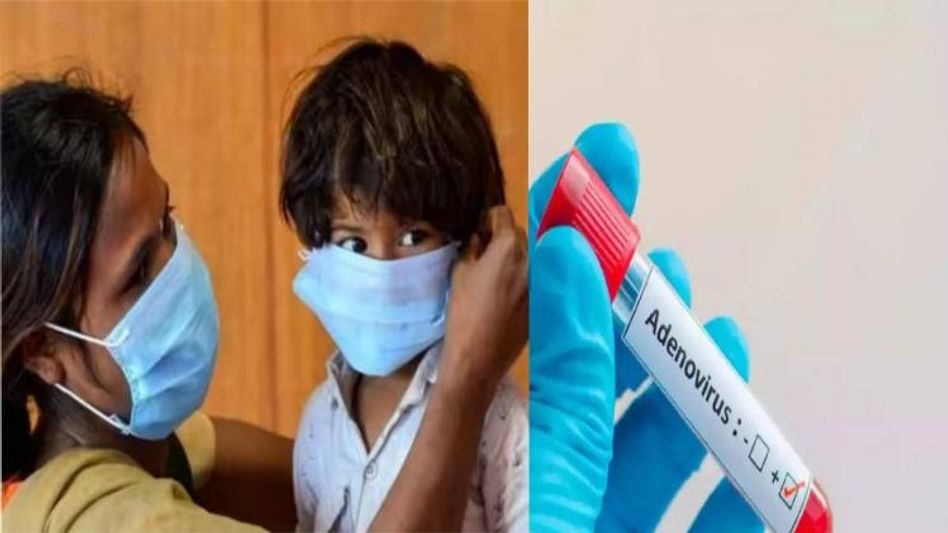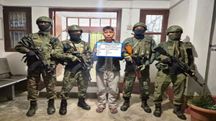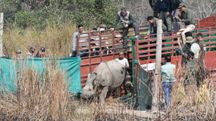Spike in Adenovirus cases among children in Kolkata alarms health officials: Symptoms, treatment and precautions
Symptoms of Adenovirus include common cold, fever, sore throat, pneumonia, conjunctivitis, diarrhoea, vomiting, nausea, stomach pain, and acute bronchitis.
 Spike in Adenovirus cases among children in Kolkata alarms health officials
Spike in Adenovirus cases among children in Kolkata alarms health officialsHealth officials in Kolkata have raised concerns about a spike in flu-like symptoms among children in the city, identified as Adenovirus. Although the state health department has not released any data on the number of infected or death cases, officials have urged citizens to stay alert and not ignore the symptoms, especially in children. According to the US Centres for Disease Control and Prevention, Adenovirus is a common cause of respiratory illness that affects people of all ages, but children under five are at a higher risk of contracting the virus.
Symptoms of Adenovirus include common cold, fever, sore throat, pneumonia, conjunctivitis, diarrhoea, vomiting, nausea, stomach pain, and acute bronchitis. The virus can cause mild to severe illness, and children and people with pre-existing respiratory conditions are at a higher risk of severe illness.
The virus spreads through close contact with infected individuals, such as shaking hands, and through coughing and sneezing. Frequent handwashing with soap and water, avoiding touching eyes, nose, or mouth with contaminated hands, and covering the face and nose while coughing are effective preventive steps. Treatment for the virus includes rest and medication to control the symptoms.
In light of the spike in Adenovirus cases, health officials have urged citizens to take the necessary precautions to prevent the spread of the virus and seek medical attention if they exhibit symptoms.
Adenovirus: Symptoms, treatment, transmission, prevention steps and more
Symptoms of Adenovirus
This virus commonly leads to the following symptoms:
Common cold
Fever
Sore throat
Pneumonia
Conjunctivitis or pink eye
Common digestive issues like diarrhoea, vomiting, nausea and stomach pain
Acute bronchitis
The virus can lead to mild to severe illness. Children and people with compromised immune function and pre-existing respiratory conditions are at a higher risk of severe illness.
Transmission modes
According to CDC, the virus can spread from an infected individual to others via close contact such as touching or shaking hands.
Infected particles can also transfer through coughing and sneezing.
Prevention steps
To prevent the spread of the virus one should avoid any kind of contact with a person who is ill. Frequent handwashing with soap and water and covering the face and nose while coughing are also effective preventive steps.
Treatment
There is no specific medicine for this virus. Some medications with proper rest are advised to control the symptoms.
Doctors suggest the best way to tackle the infection is prevention. Steps to avoid getting infected include avoiding touching your eyes, nose or mouth with contaminated hands and to regularly use soap or sanitiser to wash your hands.
Copyright©2026 Living Media India Limited. For reprint rights: Syndications Today









